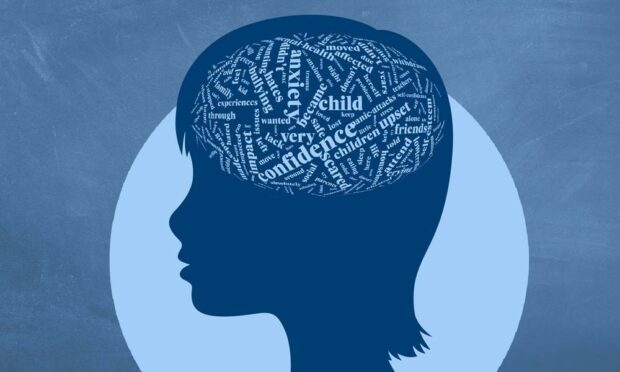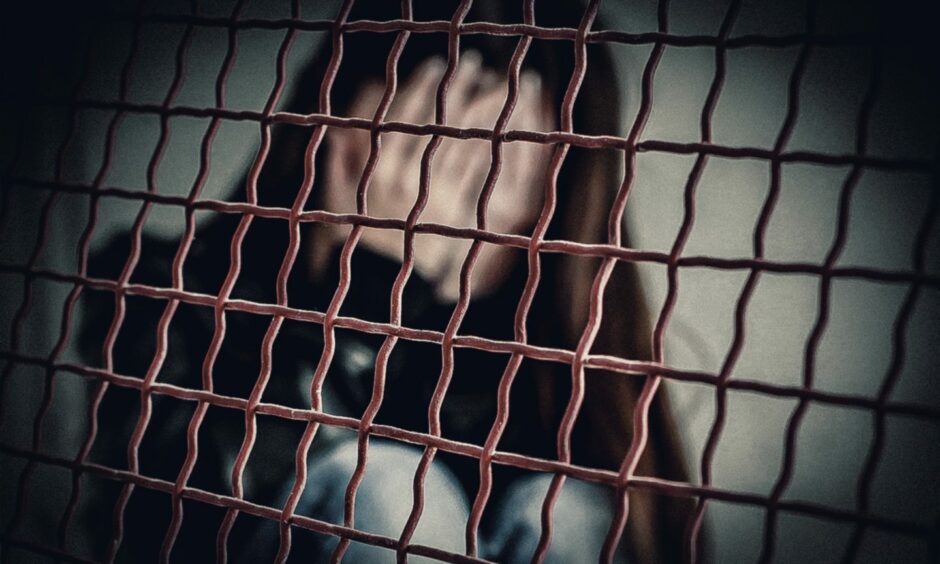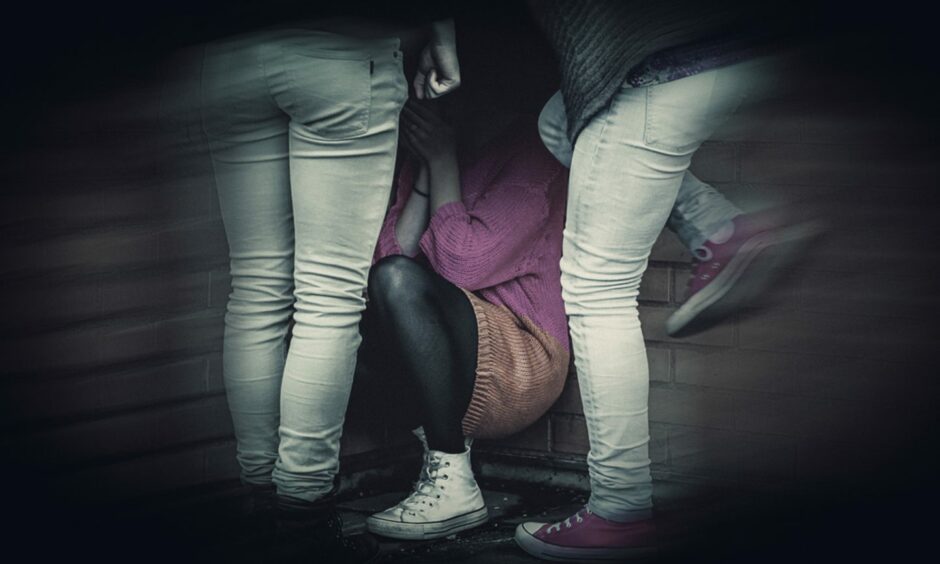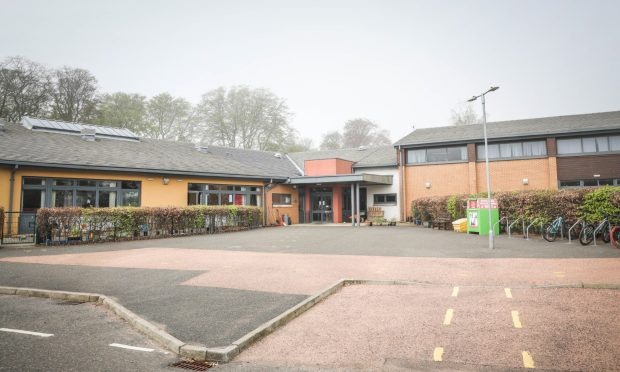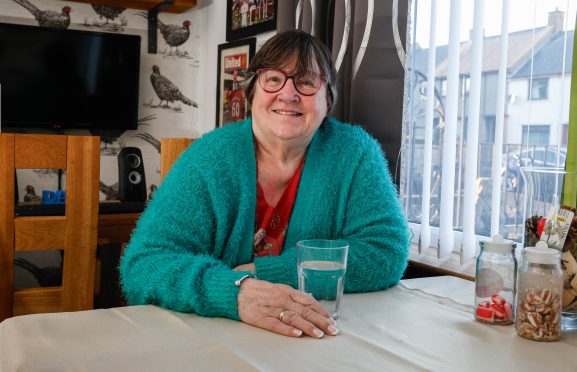Parents do not believe bullying in schools is tackled effectively. Our investigation reveals the shocking statistics and encounters too many children in Tayside and Fife are experiencing.
Our survey, which surveyed 303 parents, carers, teachers and school leavers, reveals shocking insights into bullying in our local areas.
Many children are seeking help for their mental health and trauma caused by the bullying, parents told us.
How much of an issue is bullying in local schools?
We spoke to our readers to find out.
And their outlook was overwhelmingly negative…
85% believe that bullying is a big issue in Tayside and Fife.
While 78% believe that the problem is getting even worse than ever.
Respondents did not trust that these issues are being dealt with effectively.
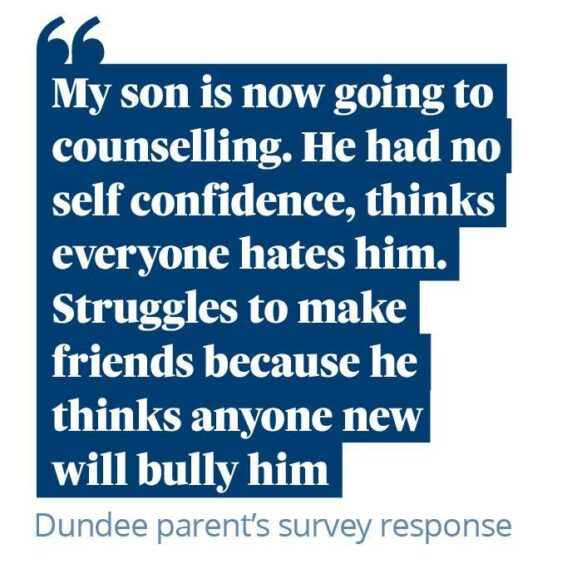
Most respondents (92%) had direct experience with bullying, and almost all who had children currently at school were at state schools (99%). Because of the small number of responses relevant to private schools, no attempt has been made to separate out any differences between the two.
What types of bullying took place?
Bullying is a complex issue which can take many different forms and is not confined to school grounds. This can make it challenging to address effectively.
Frequently, a combination of different types of bullying is taking place. This can range from verbal and mental abuse to physical attacks. Some ‘other’ types of bullying described included specific instances, from homophobic abuse to repeated “egging” of a child’s home.
One parent of secondary aged children said their child was “pushed down stairs, banged against walls.”
“Then verbal attacks, discriminatory attacks for [their] sexuality, appearance. Being outcast.”
Is bullying being handled correctly by schools in Tayside and Fife?
Respondents felt strongly that more should be done to tackle bullying, and think that the issue is not taken seriously enough.
For those that were not satisfied with their school’s response to reports of bullying, comments included schools not following up on reports or not taking them “seriously”.
Others were disapproving of their school’s mediation processes, with many respondents saying that the practice of ‘restorative justice’ (where the perpetrator and victim may be invited to meet and discuss the situation under supervision) put too much anxiety and pressure on the victim.
Results of reporting bullying to police
Those who had experience with reporting to local authorities complained that they were also unlikely to take meaningful actions.
A parent from Perth and Kinross commented: “It does not feel like local authorities take things serious enough to change practices as their guidelines are too limited.
“They often say they have done enough [by] following policies [but there is] no improvement. GIRFEC (Getting it right for every child) needs to be used for bullies to see what is causing them to behave this way and for victims to look at support.”
53 respondents reported bullying to the police. 12 of these cases resulted in charges with outcomes ranging from verbal warnings to referral to the youth justice system.
Another parent of secondary aged children in Perth and Kinross, who was unsatisfied with their experience with police, said: “They were charged with assault but nothing actually happened to them other than being charged.
“It was then just left – they didn’t even get social work involved despite the sexual elements to the bullying which would be red flags of abuse in the home.”
How to stop bullying in schools?
However, respondents did acknowledge the complexity of issues and the lack of support and resources available to teachers.
A parent of primary and secondary aged children in Angus said: “I do feel my children’s schools take bullying seriously however the tools that they use to deal with incidents do not solve any of the issues and often leave the victim in a worse position than before any complaint/allegation is made.
“The school has very little tools at its disposal to deal effectively with bullying. Too many of them leave the victim feeling even more exposed or feeling like they are the ones in the wrong.”
One third of respondents agreed that schools do not have enough resources and support to deal with bullying, while more than half said that there are not sufficient counselling and mental health provisions at schools.
When we asked our survey respondents where responsibility should lie for reducing levels of bullying, it became clear that most support a multi-organisational approach.
Nearly all respondents agreed that responsibility should lie with parents (94%), followed closely by schools (92%). However, many respondents also would like to see support and initiatives from local, national and UK government as well as police.
Respondents suggested the following solutions that from their personal experience could help to tackle the issue more effectively:
Most respondents support an increase in education around bullying, while the least popular tactic is an increase in the use of mediation.
A majority of respondents overall support increased use of suspensions and exclusions. However, among the 36 respondents who are teachers or work with children in other capacities, support for these more punitive responses was lower, at 31% and 33% respectively.
Our online survey was carried out between November 5, 2021 and November 30, 2021. We asked parents, grandparents, teachers and former pupils to tell us their experience of bullying in schools and whether they felt the response to it was helpful. We received 303 responses from across Angus, Dundee, Perth and Kinross, Fife and Aberdeenshire.
Anyone who witnesses bullying should report the incidents to a relevant authority, such as teachers, police or parents.
Scotland’s anti-bullying service RespectMe offers guidance for young people who are experiencing bullying and their parents and teachers.
If you feel like the bullying you witnessed at school or online was a hate crime, you can also report it to Police Scotland via 101.
Childline support young people with any worries they may experience, including mental health and bullying.
They can be contacted confidentially on 0800 11 11 or use their free 1-2-1 counselling service.
Read more from our bullying series
- ‘Mummy I just want to die’: Devastating words of Fife girl, 7, after years of bullying
- Bullying advice: How to help children who are being bullied
- Types of bullying: What is classed as physical, sexual and prejudicial bullying?
- Autistic Angus teen terrified to go to school after pupil threatens to ‘kill him’
- How to report bullying to school and the police
- OPINION: I attempted suicide after years of bullying – schools need to take it seriously
- Devastating effects of bullying on children in the short and long term
